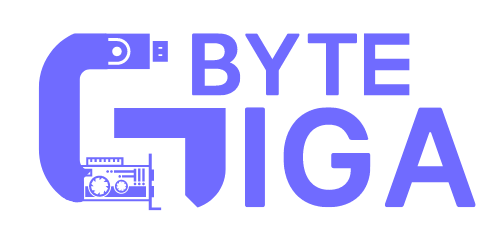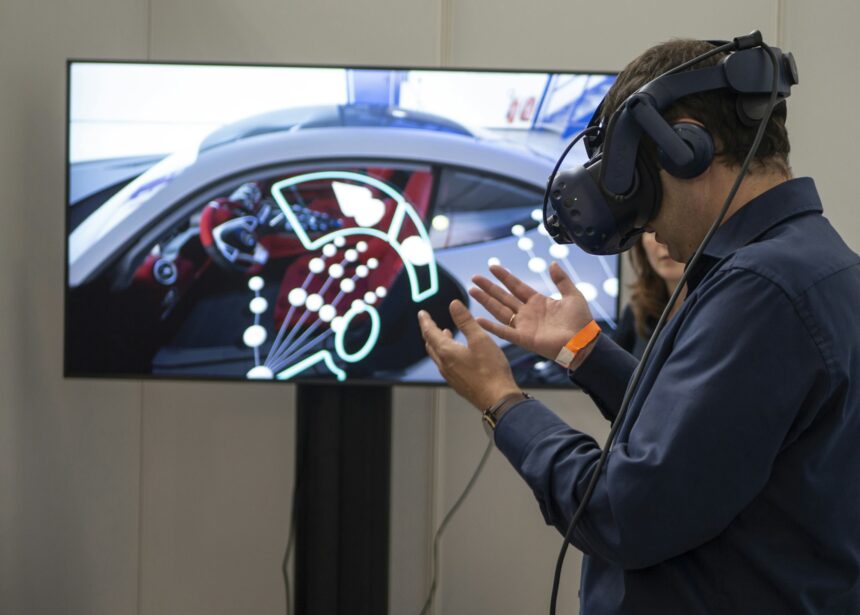The landscape of education is undergoing a profound transformation, driven by advancements in technology. Traditional classrooms, while still prevalent, are no longer the sole mode of delivering education. Instead, a new paradigm has emerged, one that embraces online learning, virtual classrooms, and the strategic integration of technology.
The Rise of Virtual Classrooms
Virtual classrooms have become a cornerstone of modern education, offering flexibility, accessibility, and personalized learning experiences. These digital environments enable students to attend classes from anywhere in the world, breaking down geographical barriers and democratizing access to education.
Key Technologies Driving Virtual Classrooms
Artificial Intelligence
Artificial Intelligence (AI) is revolutionizing virtual classrooms by providing personalized learning experiences. AI-driven systems can identify individual strengths and weaknesses, offering targeted content and support to enhance learning outcomes.
Augmented and Virtual Reality
Augmented Reality (AR) and Virtual Reality (VR) are transforming the way students interact with educational content. These technologies create immersive learning experiences, allowing students to explore complex concepts in a hands-on manner.
Internet of Things (IoT)
The Internet of Things (IoT) connects various devices and platforms, creating a seamless learning environment. IoT-enabled classrooms can monitor student engagement, track progress, and provide real-time feedback to educators.
Benefits of Virtual Classrooms
Virtual classrooms offer numerous benefits, including:
- Flexibility: Students can access classes at their convenience, accommodating different schedules and learning paces.
- Cost-Efficiency: Online courses are often more cost-effective for both students and institutions, reducing overhead costs associated with physical facilities.
- Personalized Learning: Adaptive learning systems tailor content to individual needs, enhancing the overall learning experience.
Challenges and Solutions
Despite the advantages, virtual classrooms also present challenges such as:
Technical Issues
Technical difficulties can disrupt the learning process. Ensuring reliable internet connections and providing technical support are crucial for smooth operation.
Student Engagement
Maintaining student engagement in a virtual environment can be challenging. Interactive tools, gamification, and collaborative projects can help keep students motivated and involved.
The Future of Virtual Classrooms
The future of virtual classrooms is bright, with continuous advancements in technology paving the way for more innovative and effective learning experiences. As educational institutions embrace these changes, the potential for growth and improvement in online education is limitless.
Integration of Advanced Technologies
Future virtual classrooms will likely see greater integration of advanced technologies such as AI, AR, VR, and IoT, creating more immersive and personalized learning environments.
Global Reach and Accessibility
With the expansion of virtual classrooms, education will become more accessible to students worldwide, bridging gaps and providing opportunities for lifelong learning.
Enhanced Collaboration
Virtual classrooms will foster greater collaboration among students and educators, enabling the sharing of ideas and resources across borders.
“Education is the most powerful weapon which you can use to change the world.”
Nelson Mandela
In conclusion, the future of virtual classrooms is intertwined with technological advancements. As we continue to innovate and adapt, the potential for transforming education and making it more inclusive and effective is immense. Embracing these changes will not only enhance the learning experience but also prepare students for a rapidly evolving world.








